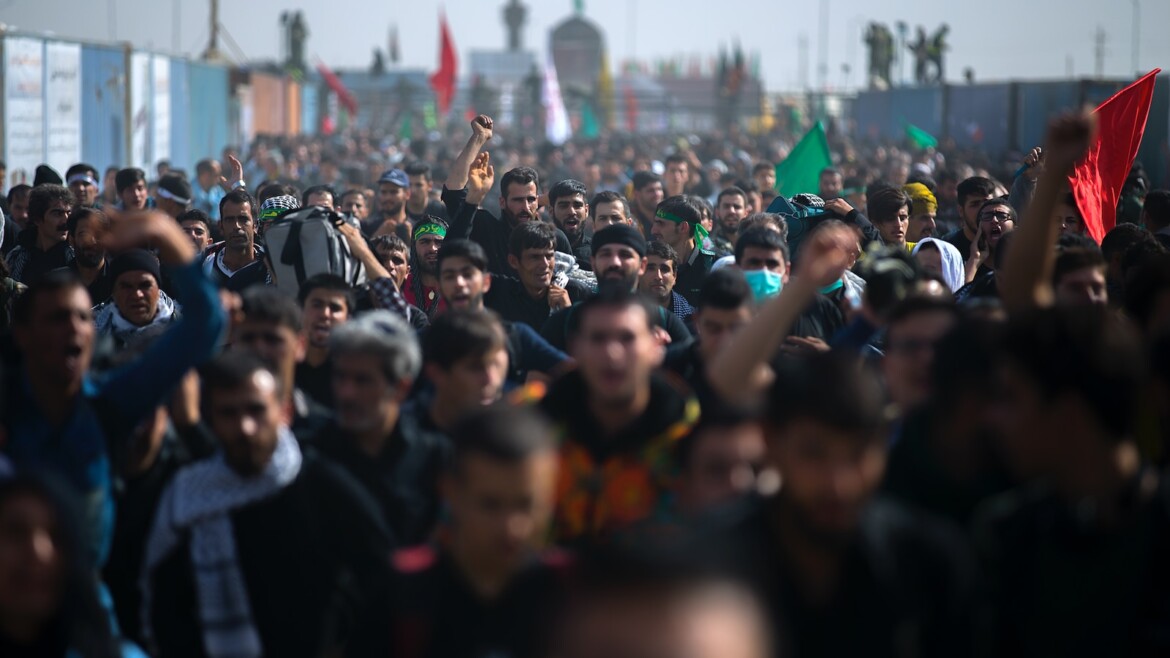Ramadan 12 in the Islamic calendar is the day traditionally believed to be the time when a significant number of letters from the people of Kufa reached Imam Hussain ibn Ali. This event occurred in the year 680 AD (60 AH), during Imam Hussain’s stay in Mecca.
The people of Kufa, a city in Iraq, had been expressing their discontent with the oppressive rule of Yazid ibn Mu’awiya, the Umayyad caliph. They saw Imam Hussain as a potential leader who could bring about positive change and uphold justice in the Muslim community. As a result, they began to send numerous letters to Imam Hussain, urging him to come to Kufa and lead a movement against Yazid’s unjust rule.
According to historical accounts, the number of letters that reached Imam Hussain from the people of Kufa was around 150. These letters contained heartfelt pleas and expressions of loyalty, with the people of Kufa pledging their support and allegiance to Imam Hussain.
Upon receiving these letters, Imam Hussain carefully considered the situation and sought advice from his companions and family members. The overwhelming support and encouragement from the people of Kufa, as expressed in the letters, had a profound impact on his decision-making process.
Ultimately, these letters played a significant role in motivating Imam Hussain to leave Mecca and set out on the journey towards Kufa. However, the events that followed, including the tragic Battle of Karbala on the day of Ashura, led to the martyrdom of Imam Hussain and his companions.
The letters from the people of Kufa symbolize the hope for a just and righteous leader, as well as the longing for a better and more equitable society. Their expressions of support for Imam Hussain continue to be remembered and commemorated during the month of Muharram, particularly on the day of Ashura, as Muslims around the world mourn the tragedy of Karbala and honor the sacrifice of Imam Hussain and his companions.

